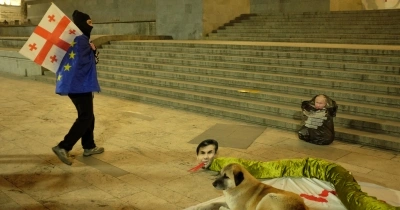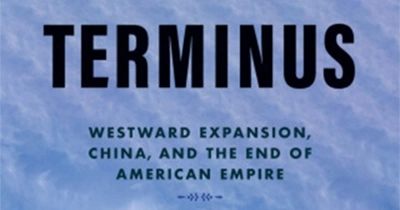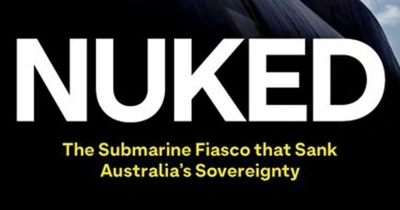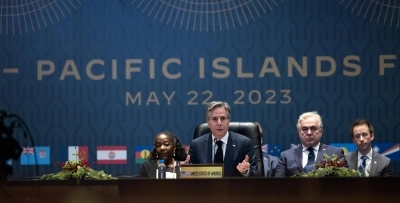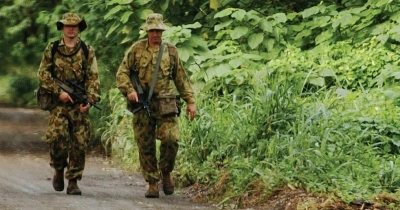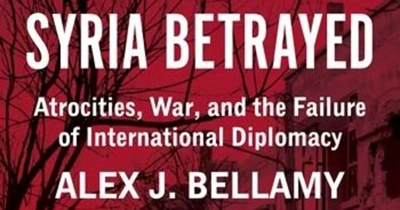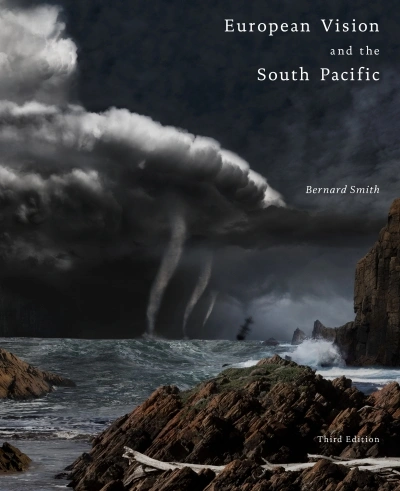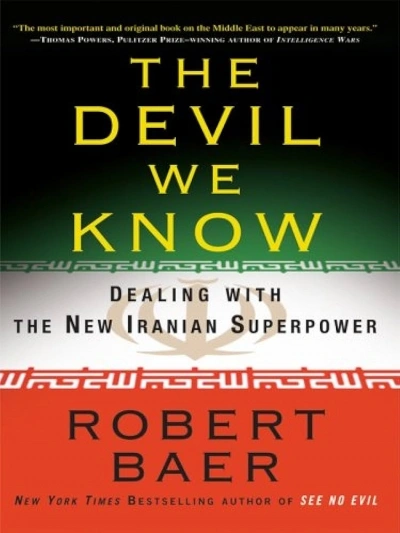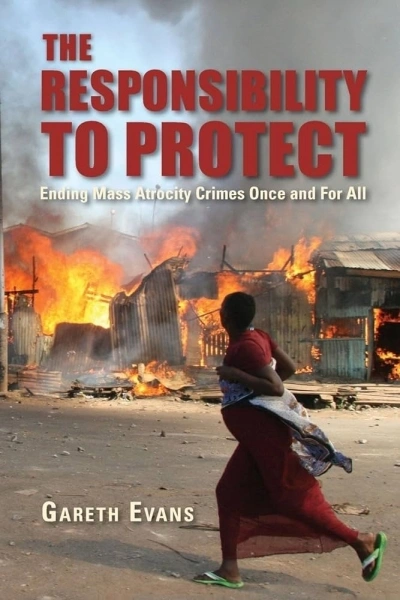International Relations
Night after night, the protests swirl into one. Slogans blast through the distorted echo of plastic megaphones. Whistles are blown at such a piercing volume that my ears ring when sleep eventually comes, usually around 7 am. Blockades close the city’s main arteries and highways. Police in riot gear are deployed to each of the three main roads that lead in and out of the city. Rustaveli Avenue, the main street in Tbilisi, Georgia’s capital and largest city, has once again become the nation’s political fault line.
... (read more)Terminus: Westward expansion, China, and the end of the American empire by Stuart Rollo
Nuked: The submarine fiasco that sank Australia’s sovereignty by Andrew Fowler
In 22 May 2023, US Secretary of State Antony Blinken and Papua New Guinea (PNG) Defence Minister Win Bakri Daki signed a defence and maritime cooperation agreement in Port Moresby. Blinken stepped in after US President Joe Biden’s last-minute cancellation. Had he attended, it would reportedly have been the first time a US president had visited a Pacific Island country other than US territories such as Hawaii and Guam. This is on the back of having pledged an additional US$800 million at a US-Pacific Summit in late 2022 to help tackle climate change, overfishing, and maritime security.
... (read more)
